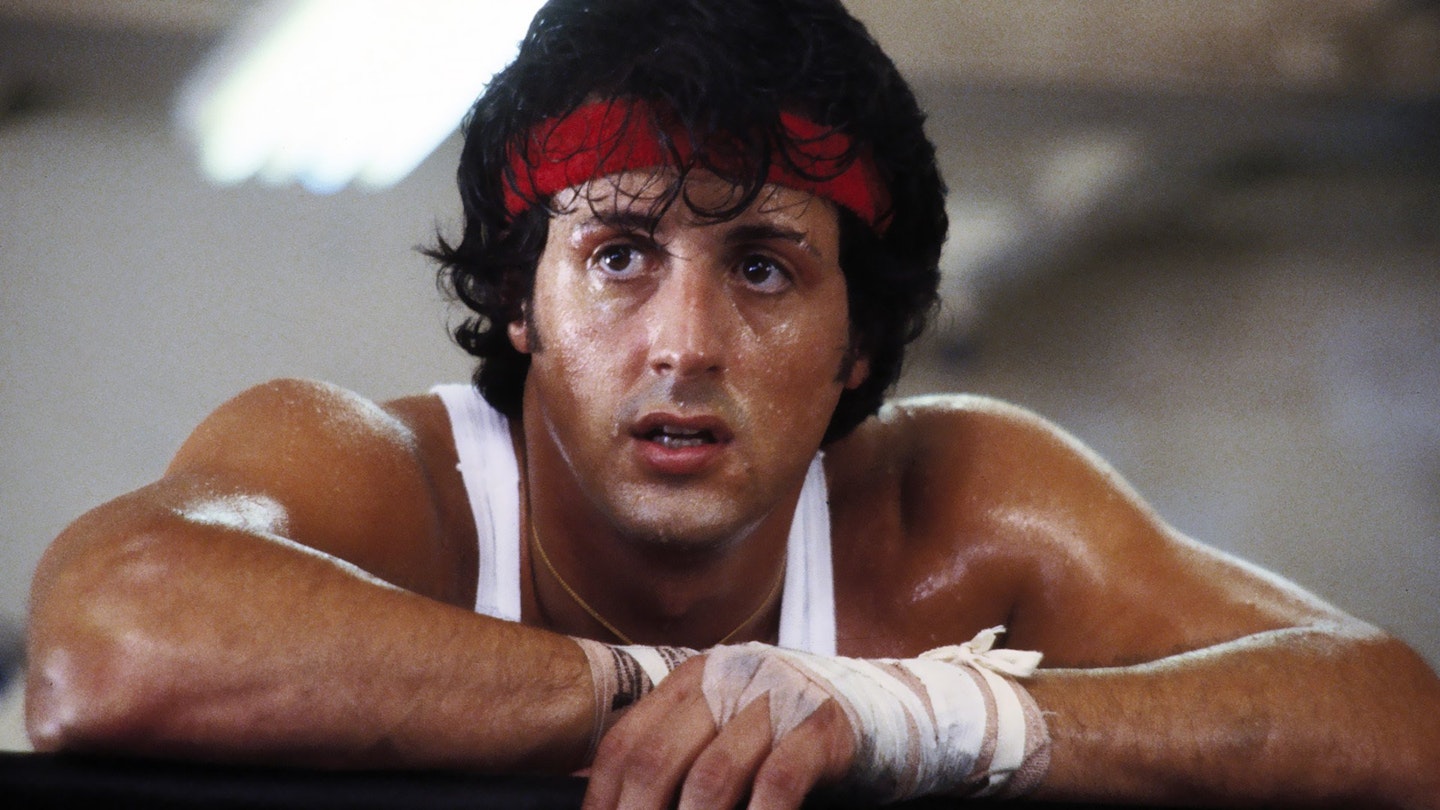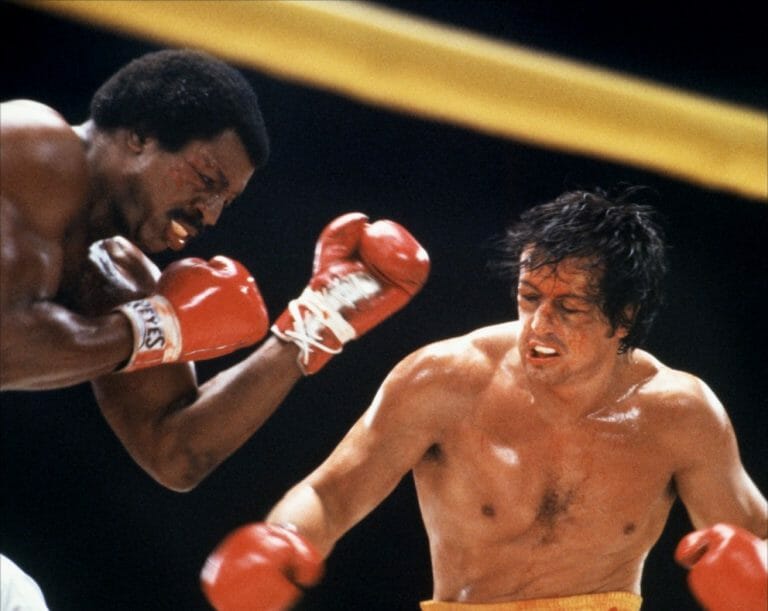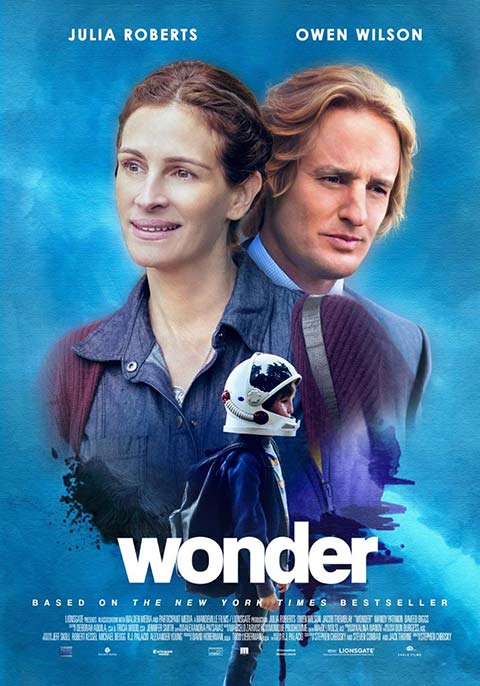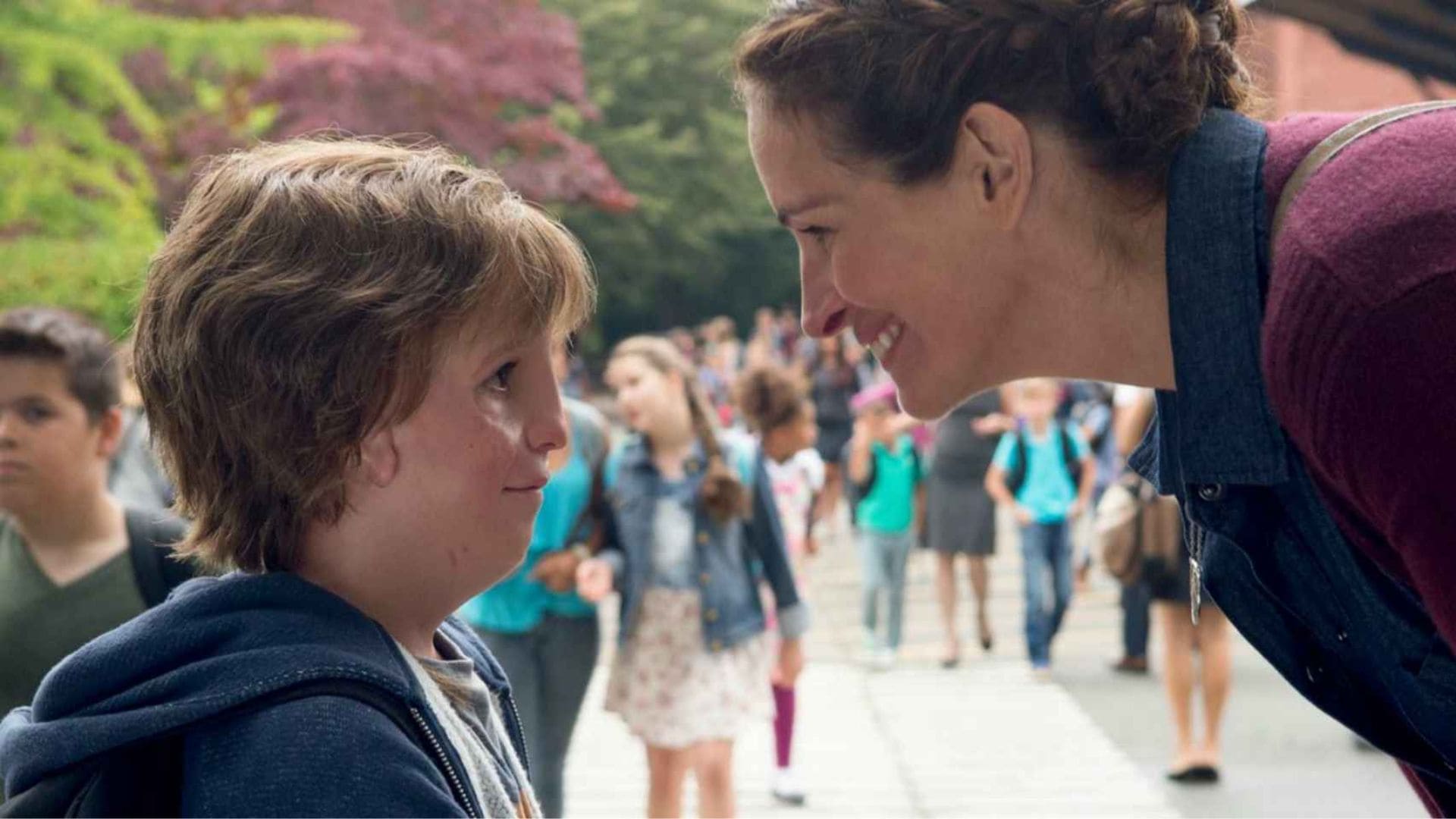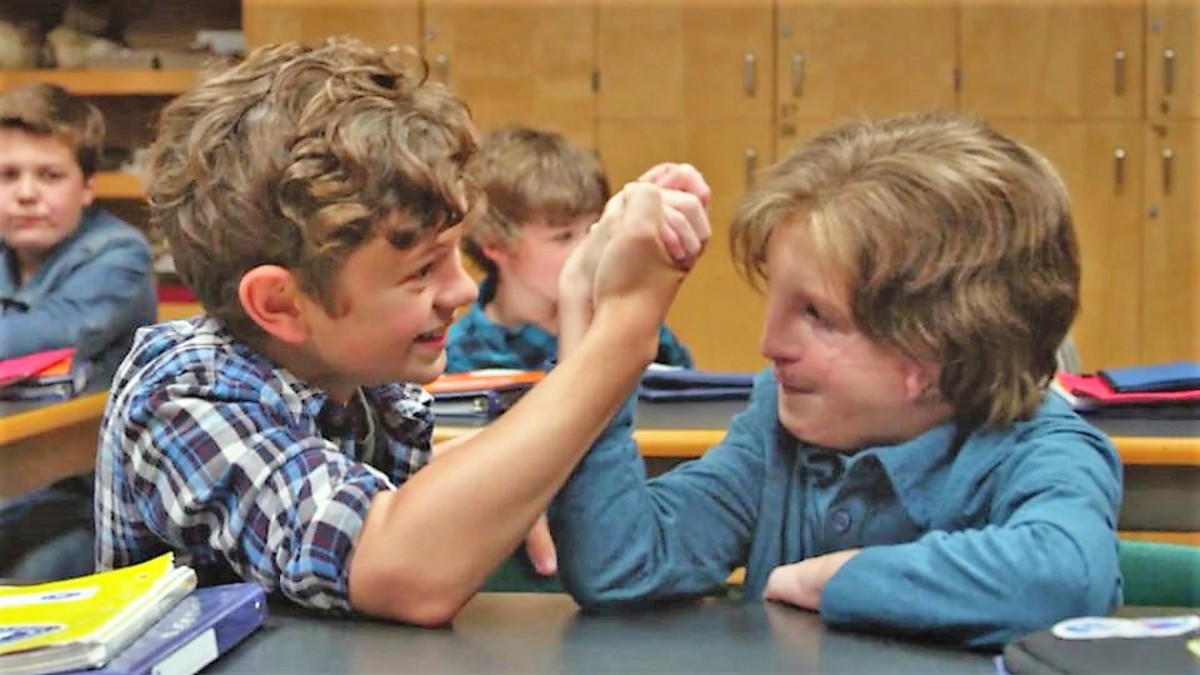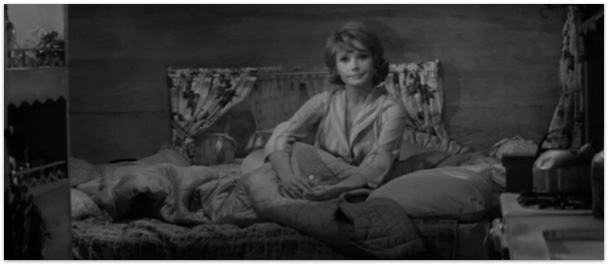Observe and Report
A surprisingly understated performance by Seth Rogen is the centerpiece of a risque black comedy from 2009 called Observe and Report that provides laughs despite some very unexpected detours.
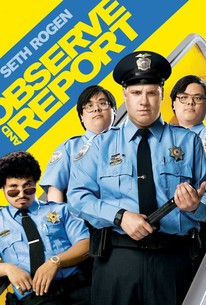
Rogen plays Ronnie, a mall security officer who takes it very personally when a flasher starts appearing at his mall and is determined to get the guy but is quite upset when his boss takes it upon himself to call a real police detective (Ray Liotta) to handle the case. Attempts to work with the detective fizzle so Ronnie decides to pursue his long dormant dream of joining the police academy.
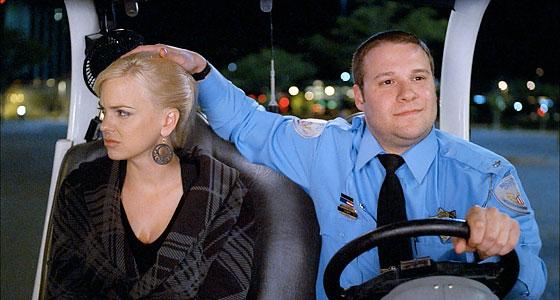
Along the way we see Ronnie's attraction to Brandy (Anna Faris), a trampy party girl who works at the mall as a cosmetician, make him nuts while his daily encounters with a pretty barista named Nell (Collette Wolfe) who clearly has a crush on him, don't even register with Ronnie.

Director and screenwriter Jody Hill has mounted an unusual black comedy that is often unsure of exactly how black it wants to be. It's a popular school of thought that guys who work mall security do it because, for some reason, they are unable to be actual police officers, a subject rife with material for a movie comedy. This film reminded me of the Jim Carrey film The Cable Guy in that it centers around an enigmatic main character whose sympathy factor changes from scene to scene. In the beginning of the film, Ronnie seems like a guy who just takes his job a little too seriously, but deep into the second act, we're beginning to wonder if Ronnie has mental health issues. The laughs come throughout the story but as it progresses, the laughs become more nervous and we begin to wonder exactly how funny this is.

Seth Rogen's richly internalized performance in the starring role did keep this reviewer completely invested in what was going on. Rogen is extremely controlled in what could have been a very manic and exhausting performance but it never gets that way and Hill must share credit for that. Michael Pena's almost cartoonish turn as Ronnie's partner is a total scene stealer and Liotta's straight-faced portrayal of the police detective perfectly counterparts a lot of the nuttiness here. Also loved Aziz Ansari as a nasty mall employee who hates Ronnie and Celia Weston as Ronnie's alcoholic mom. There is some terrific camera work (the slow motion finale is superb) and kudos to Joseph Stephens' music, I just wish Hill's screenplay had committed more firmly as to how we are supposed to feel about this guy Ronnie.
A surprisingly understated performance by Seth Rogen is the centerpiece of a risque black comedy from 2009 called Observe and Report that provides laughs despite some very unexpected detours.
Rogen plays Ronnie, a mall security officer who takes it very personally when a flasher starts appearing at his mall and is determined to get the guy but is quite upset when his boss takes it upon himself to call a real police detective (Ray Liotta) to handle the case. Attempts to work with the detective fizzle so Ronnie decides to pursue his long dormant dream of joining the police academy.

Along the way we see Ronnie's attraction to Brandy (Anna Faris), a trampy party girl who works at the mall as a cosmetician, make him nuts while his daily encounters with a pretty barista named Nell (Collette Wolfe) who clearly has a crush on him, don't even register with Ronnie.

Director and screenwriter Jody Hill has mounted an unusual black comedy that is often unsure of exactly how black it wants to be. It's a popular school of thought that guys who work mall security do it because, for some reason, they are unable to be actual police officers, a subject rife with material for a movie comedy. This film reminded me of the Jim Carrey film The Cable Guy in that it centers around an enigmatic main character whose sympathy factor changes from scene to scene. In the beginning of the film, Ronnie seems like a guy who just takes his job a little too seriously, but deep into the second act, we're beginning to wonder if Ronnie has mental health issues. The laughs come throughout the story but as it progresses, the laughs become more nervous and we begin to wonder exactly how funny this is.

Seth Rogen's richly internalized performance in the starring role did keep this reviewer completely invested in what was going on. Rogen is extremely controlled in what could have been a very manic and exhausting performance but it never gets that way and Hill must share credit for that. Michael Pena's almost cartoonish turn as Ronnie's partner is a total scene stealer and Liotta's straight-faced portrayal of the police detective perfectly counterparts a lot of the nuttiness here. Also loved Aziz Ansari as a nasty mall employee who hates Ronnie and Celia Weston as Ronnie's alcoholic mom. There is some terrific camera work (the slow motion finale is superb) and kudos to Joseph Stephens' music, I just wish Hill's screenplay had committed more firmly as to how we are supposed to feel about this guy Ronnie.
Last edited by Gideon58; 12-18-24 at 02:31 PM.

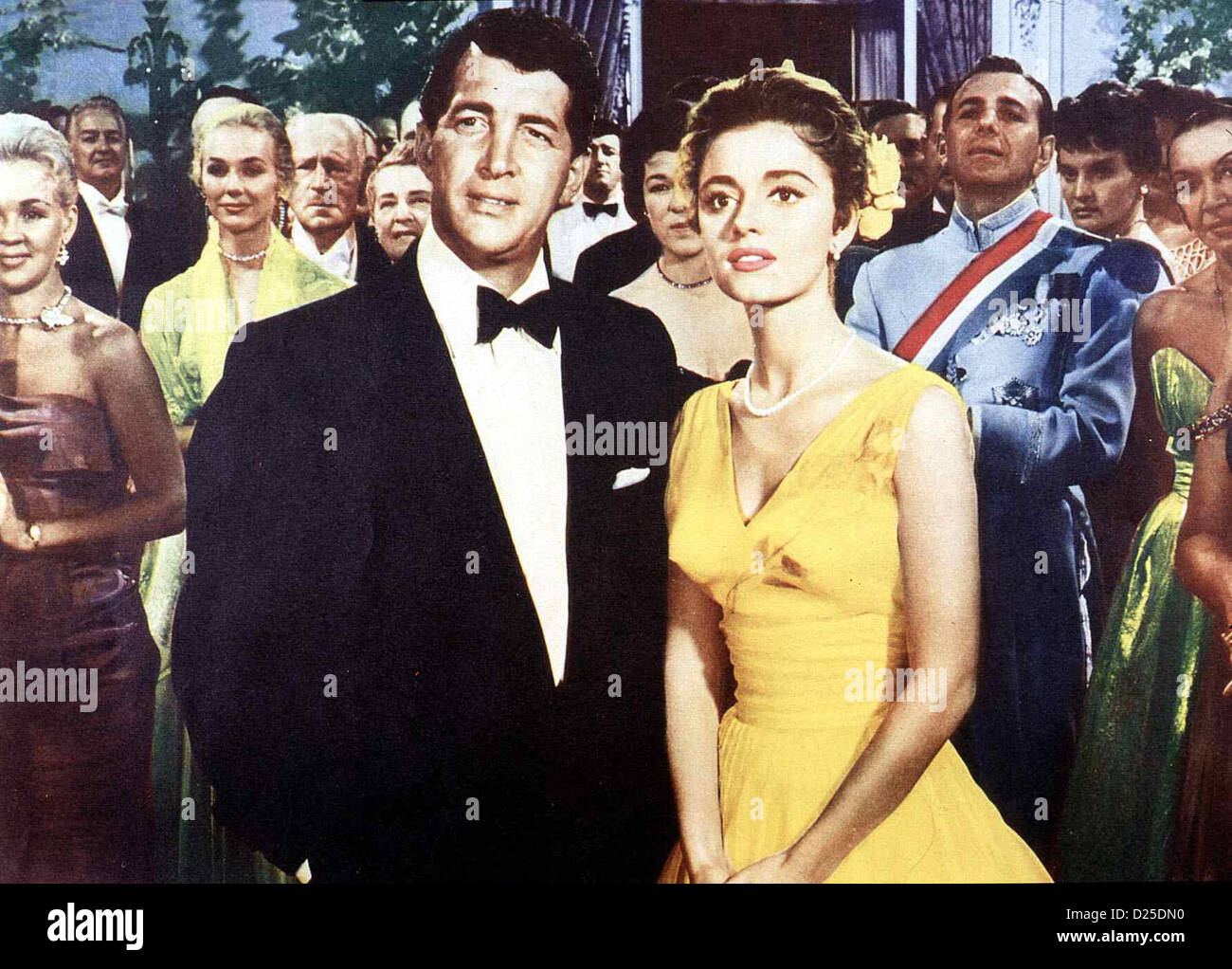

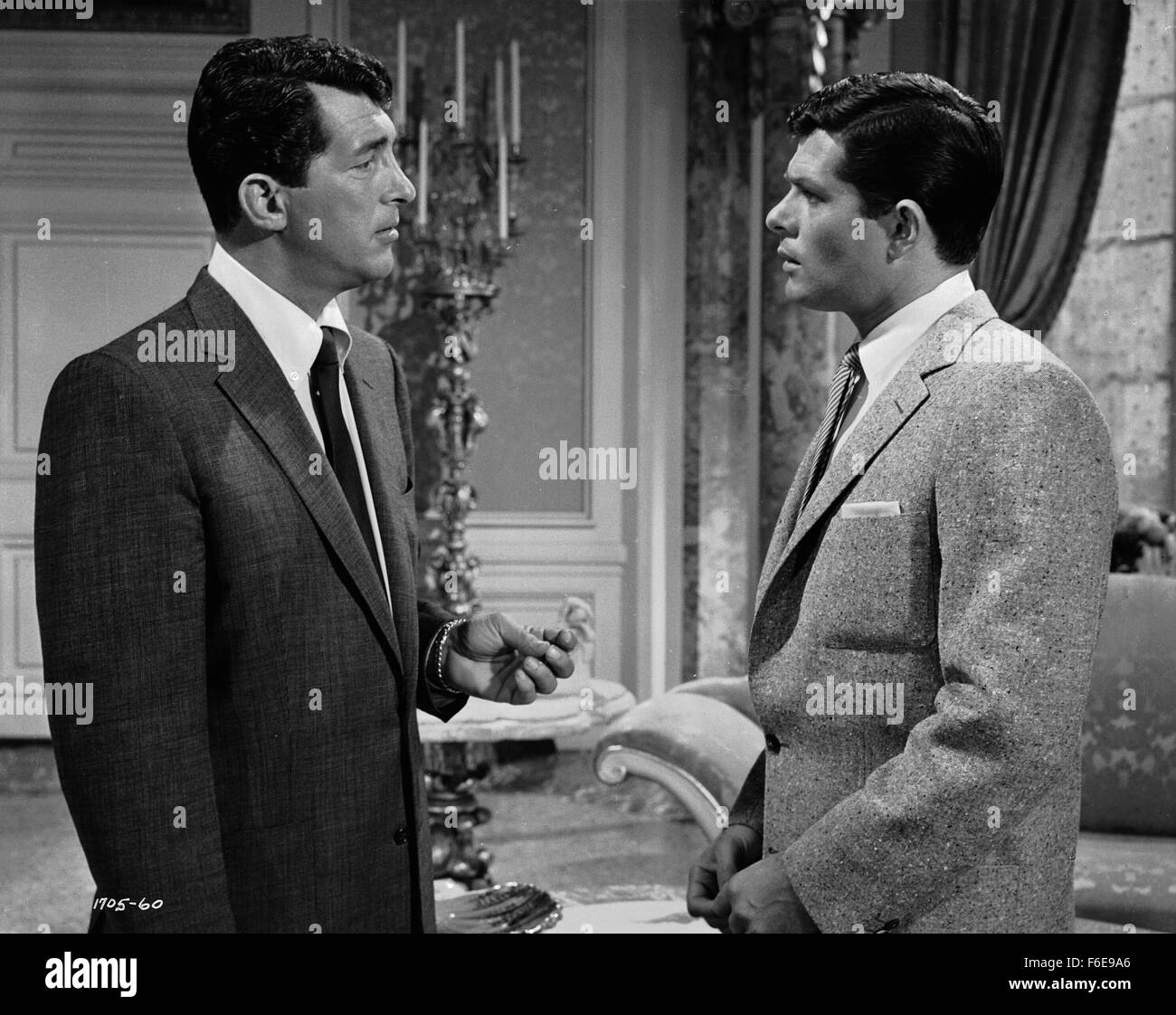
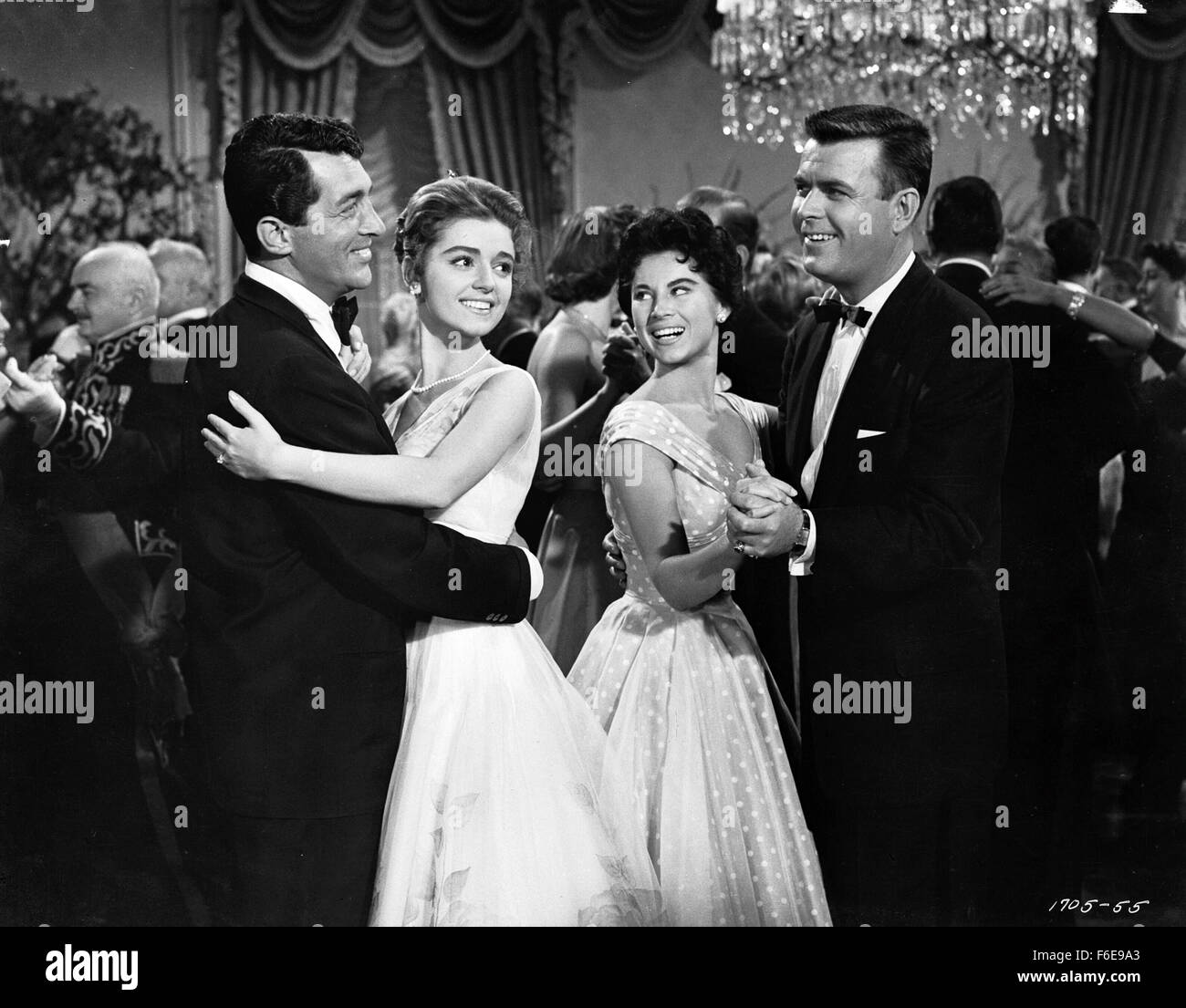
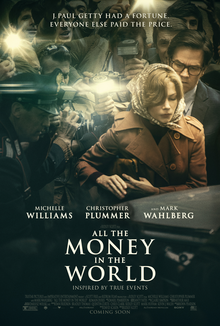
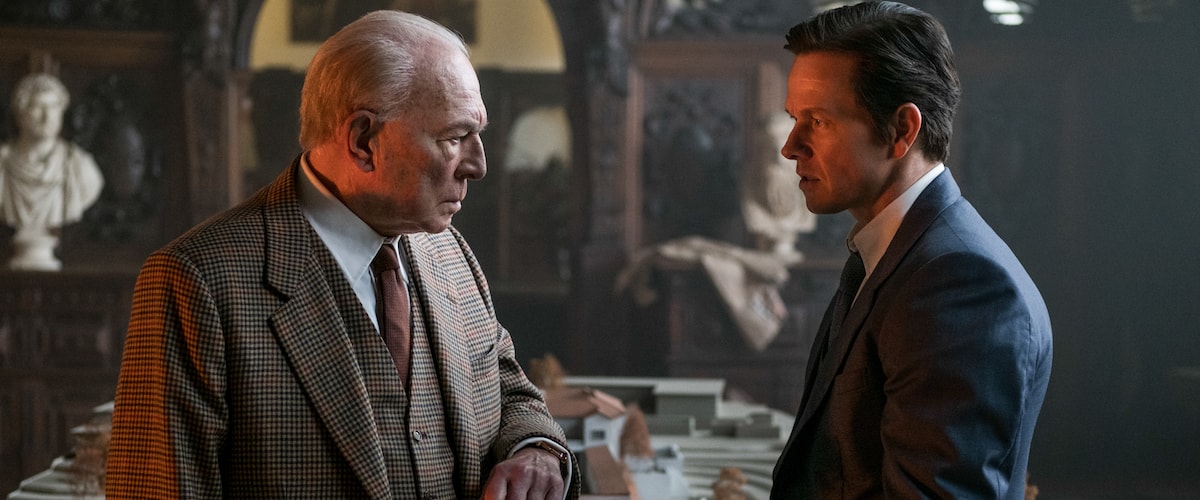







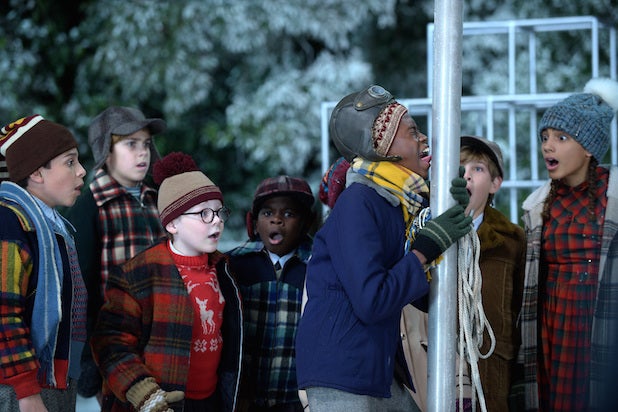




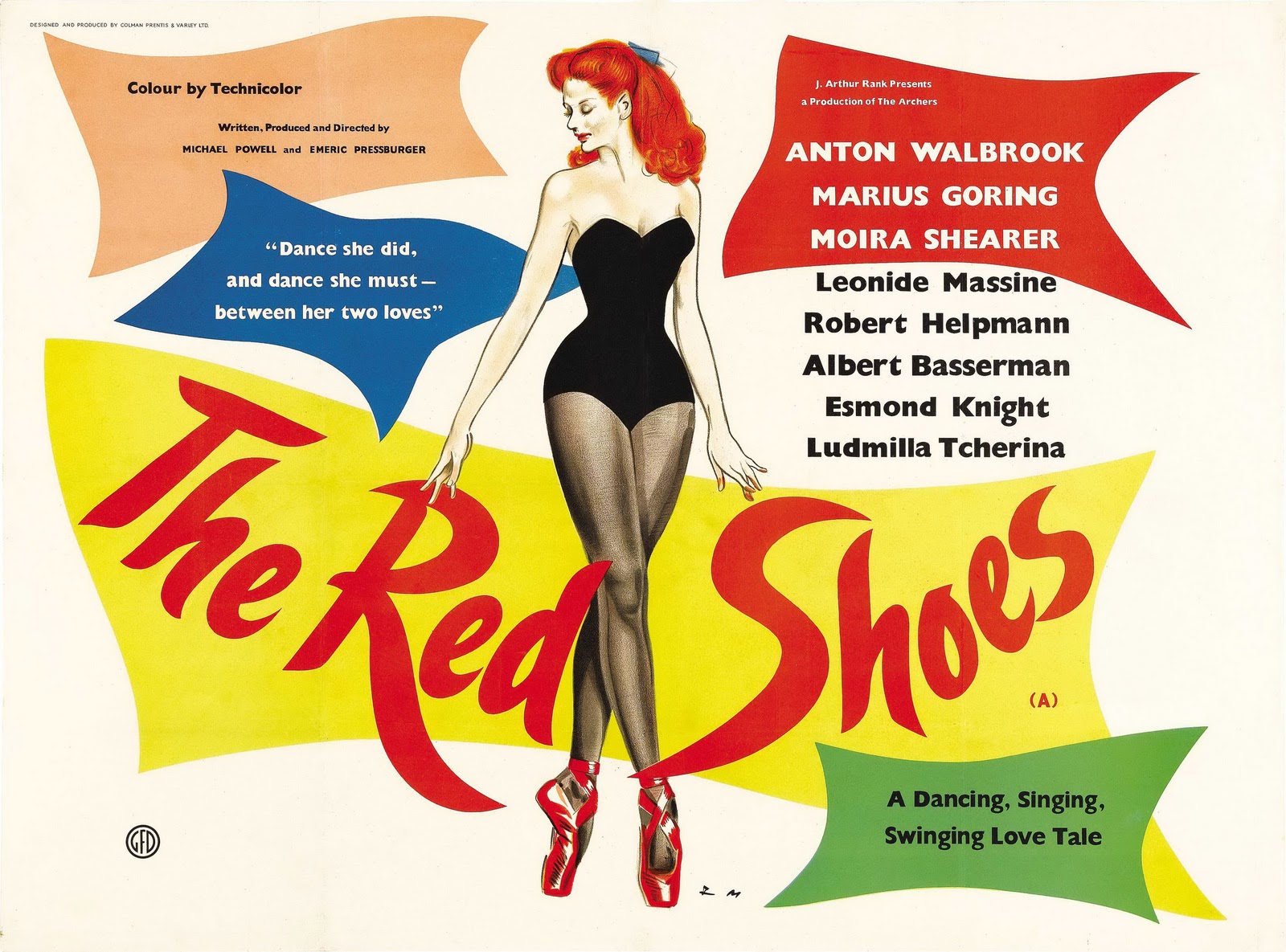

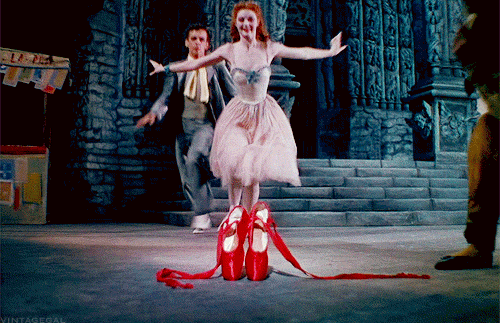


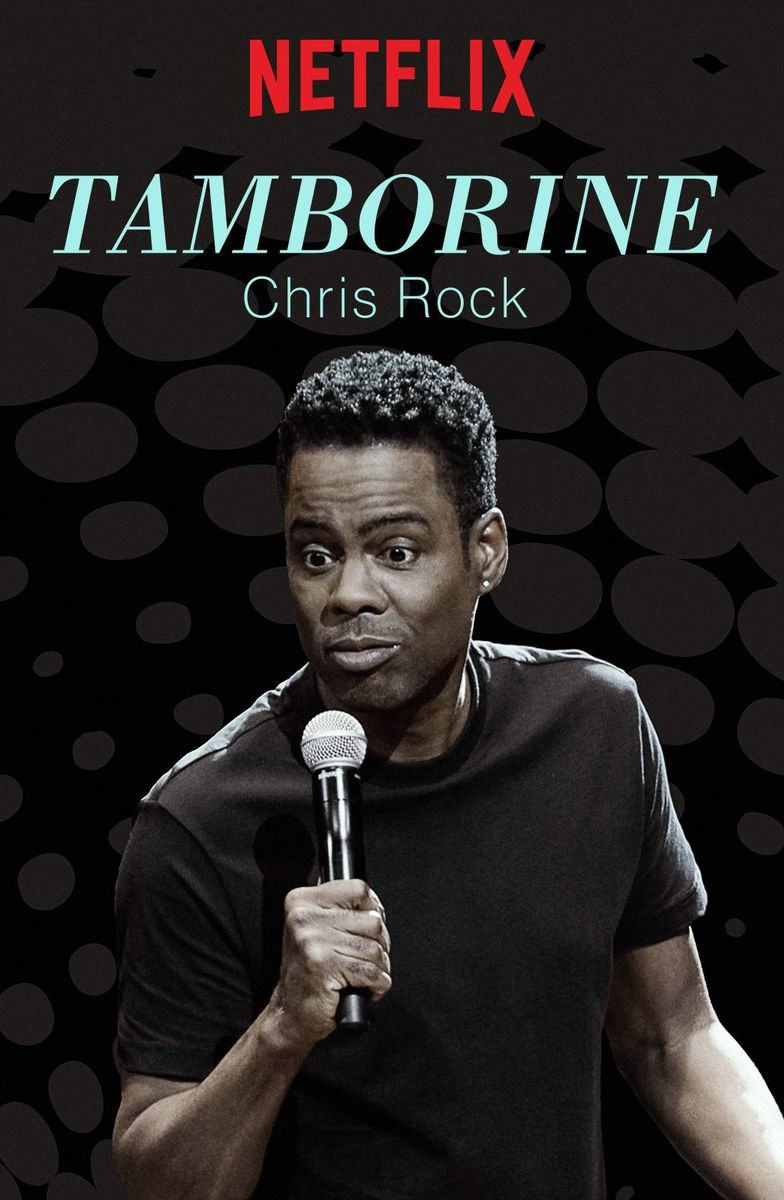
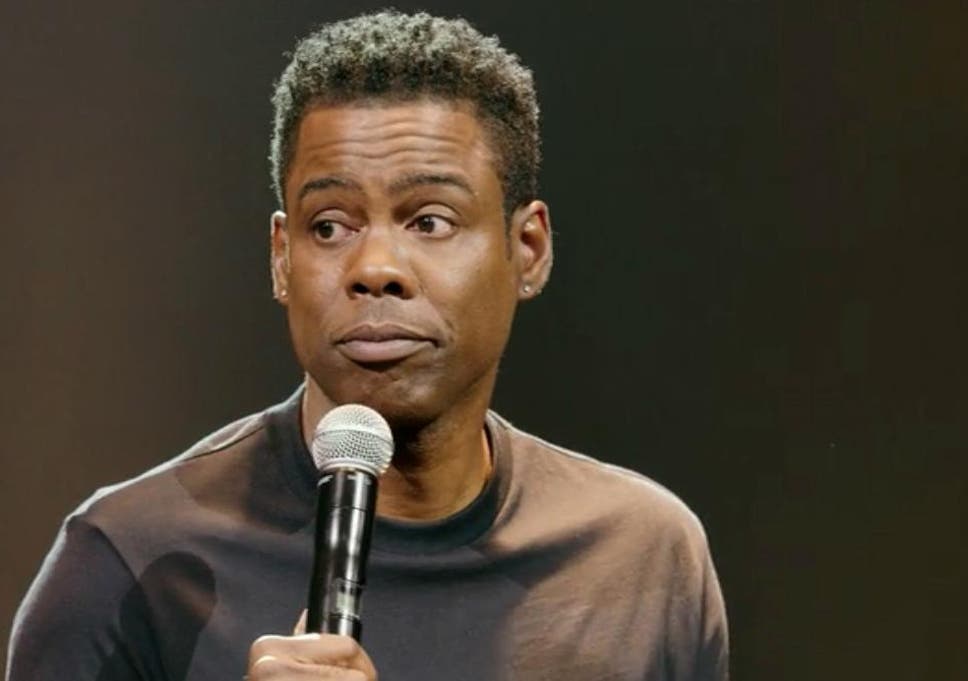

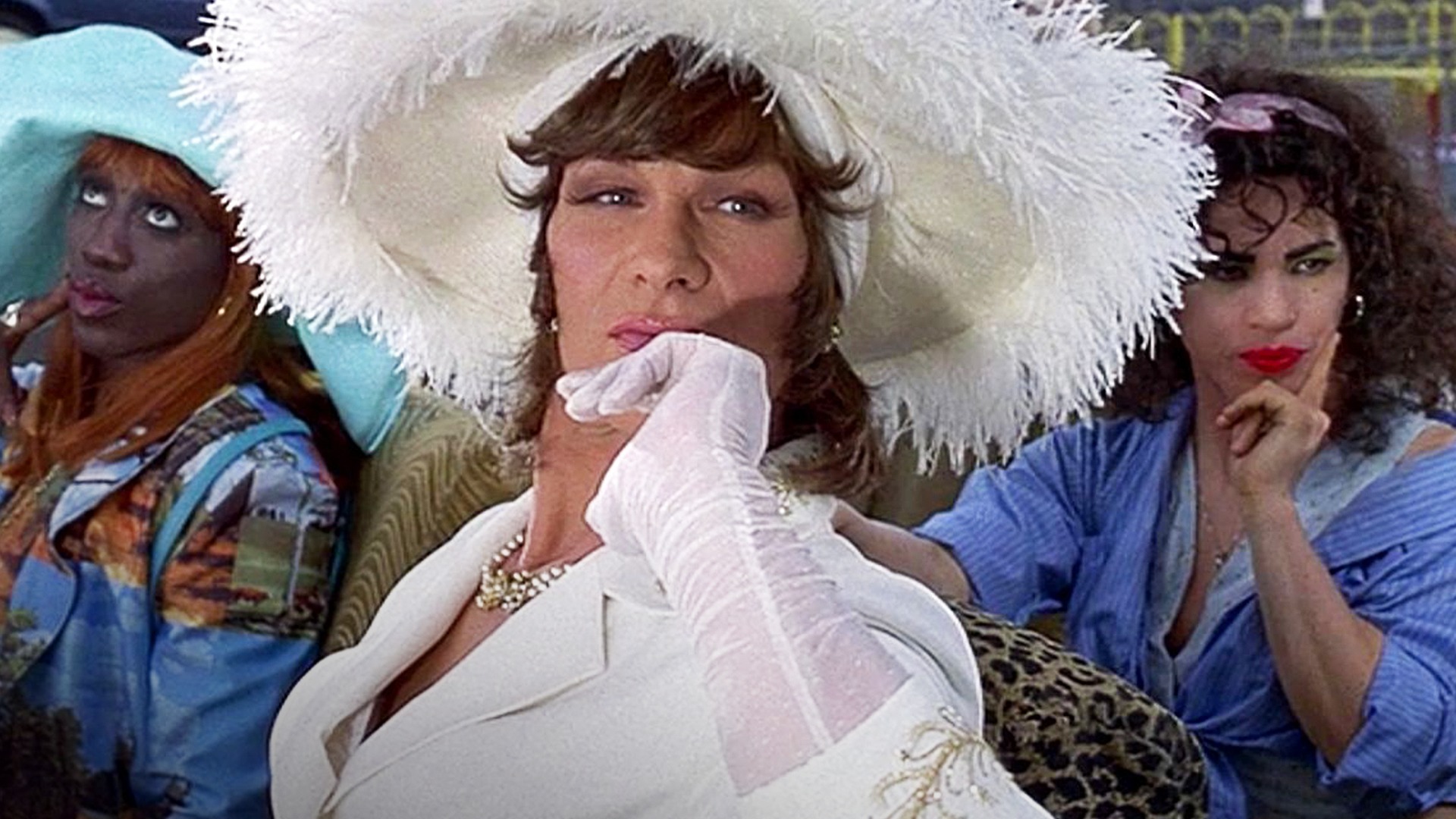

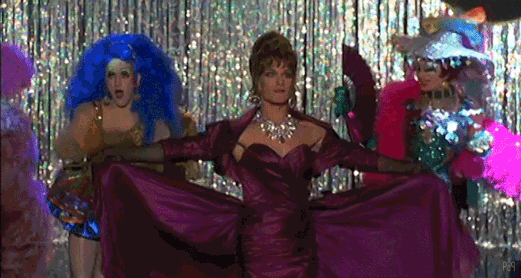


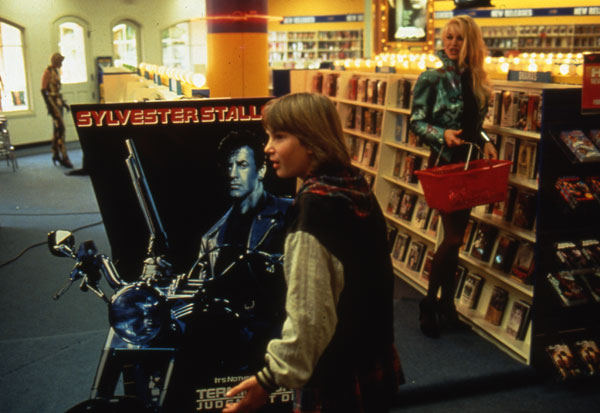





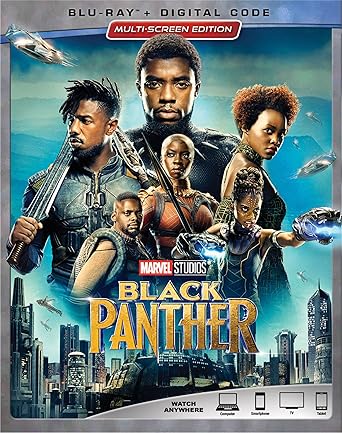
/cdn.vox-cdn.com/uploads/chorus_image/image/58743245/MBA0500_v004.1046.0.jpg)








